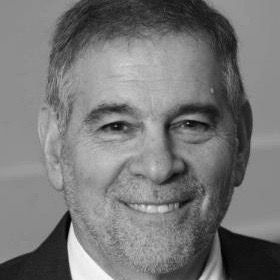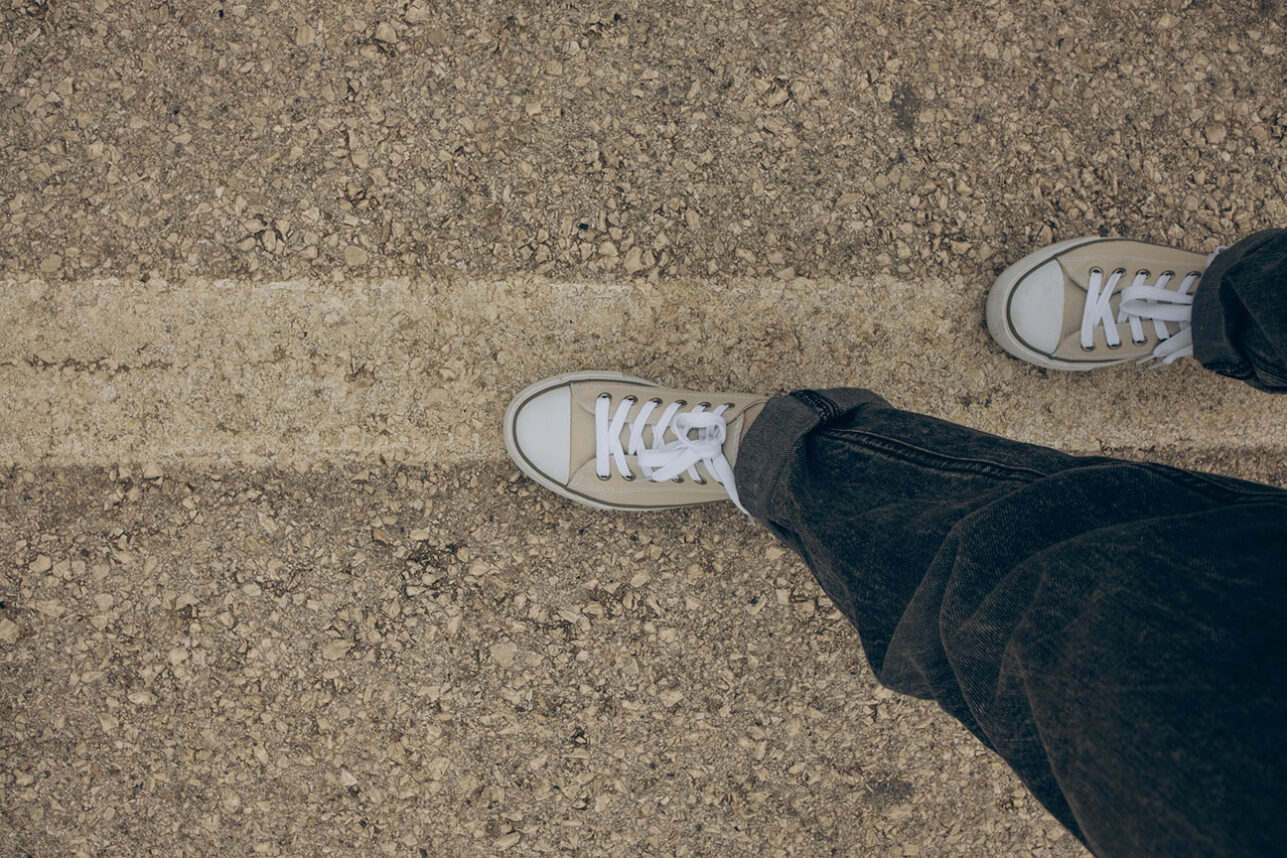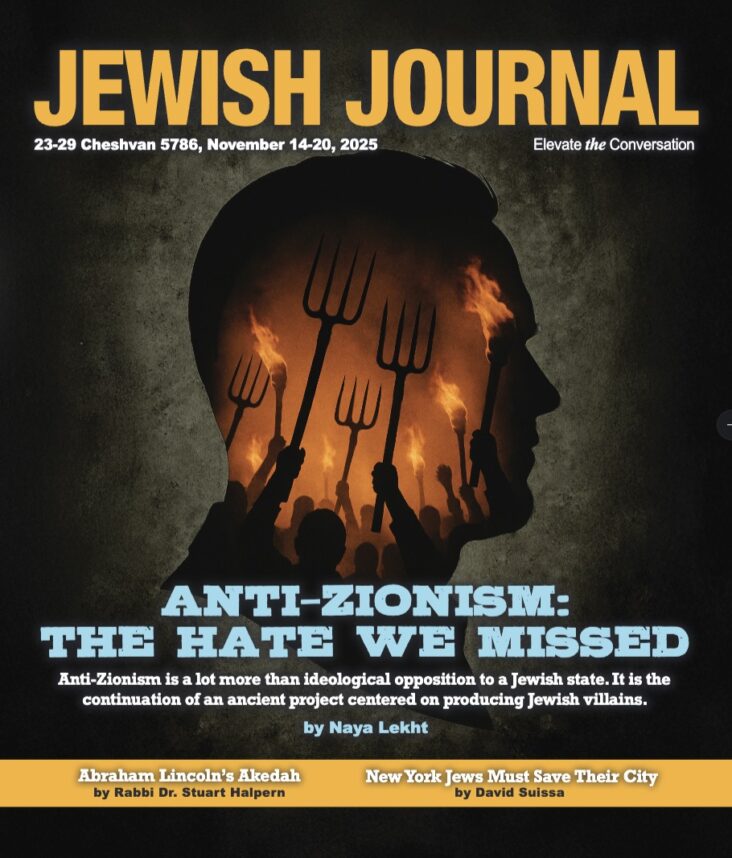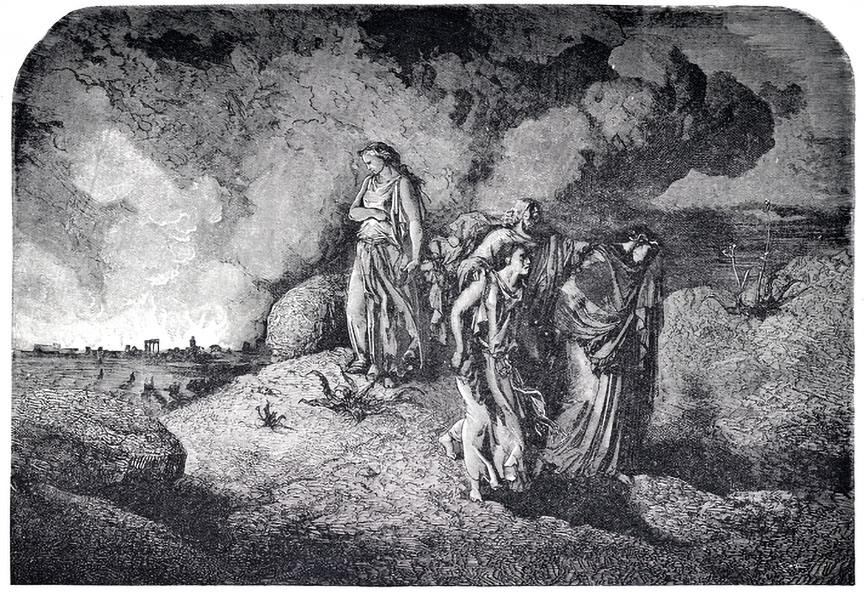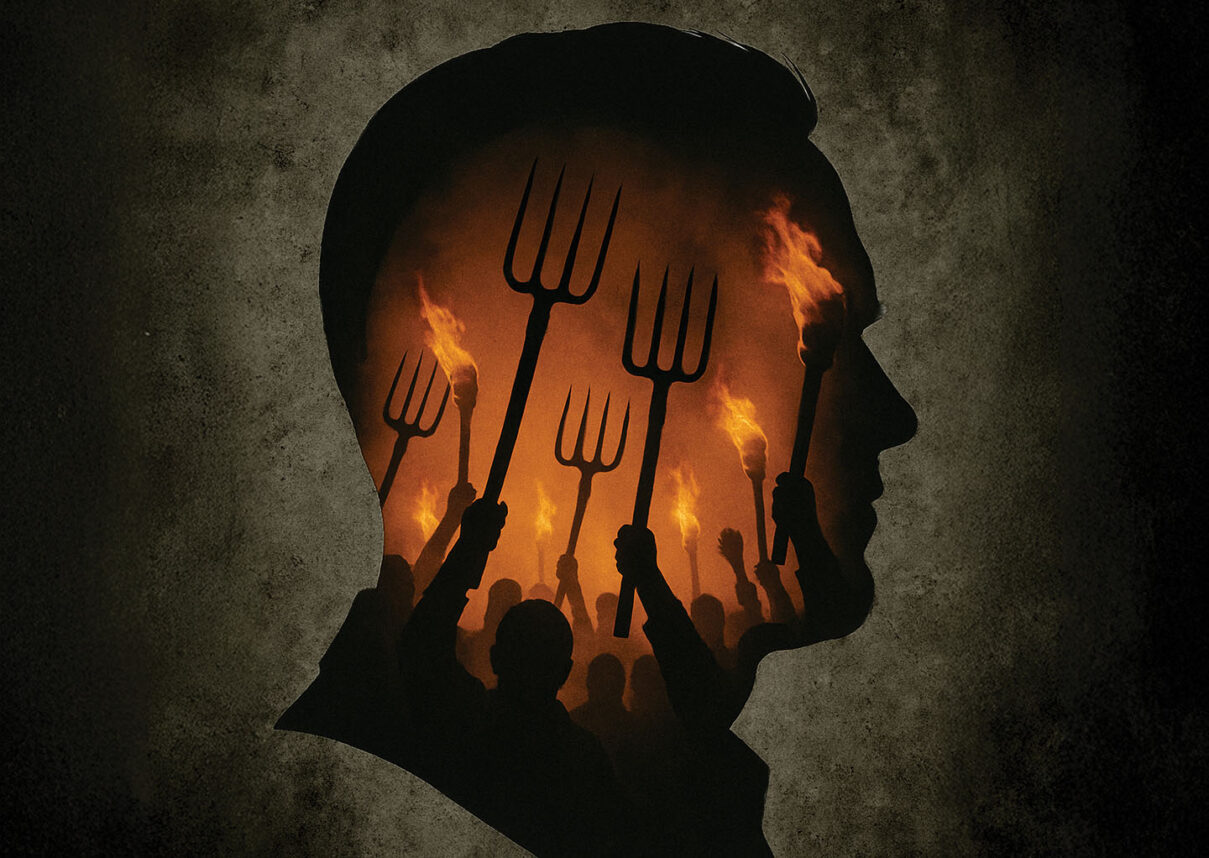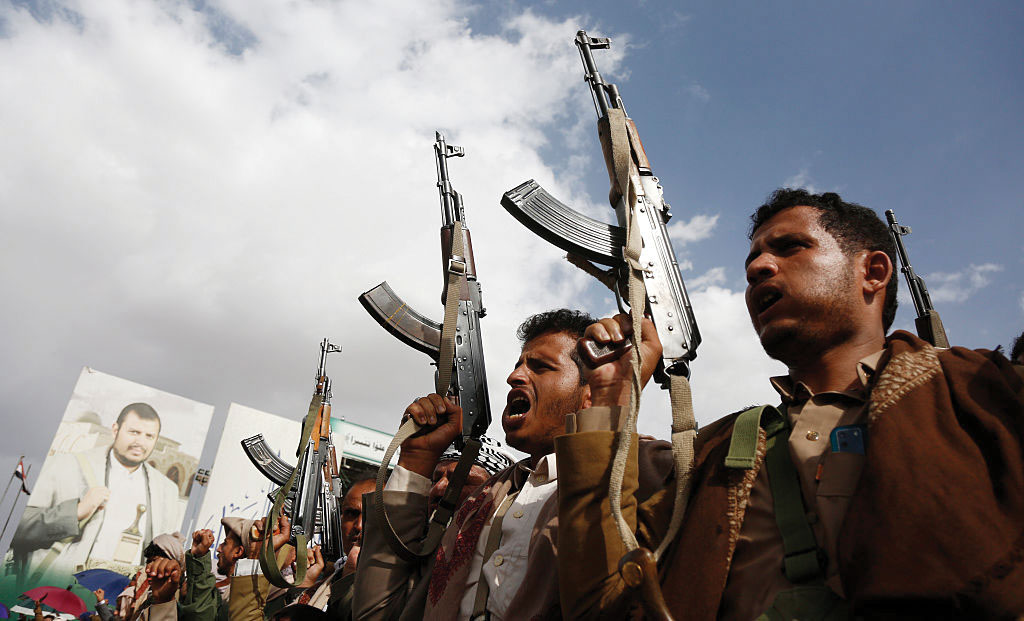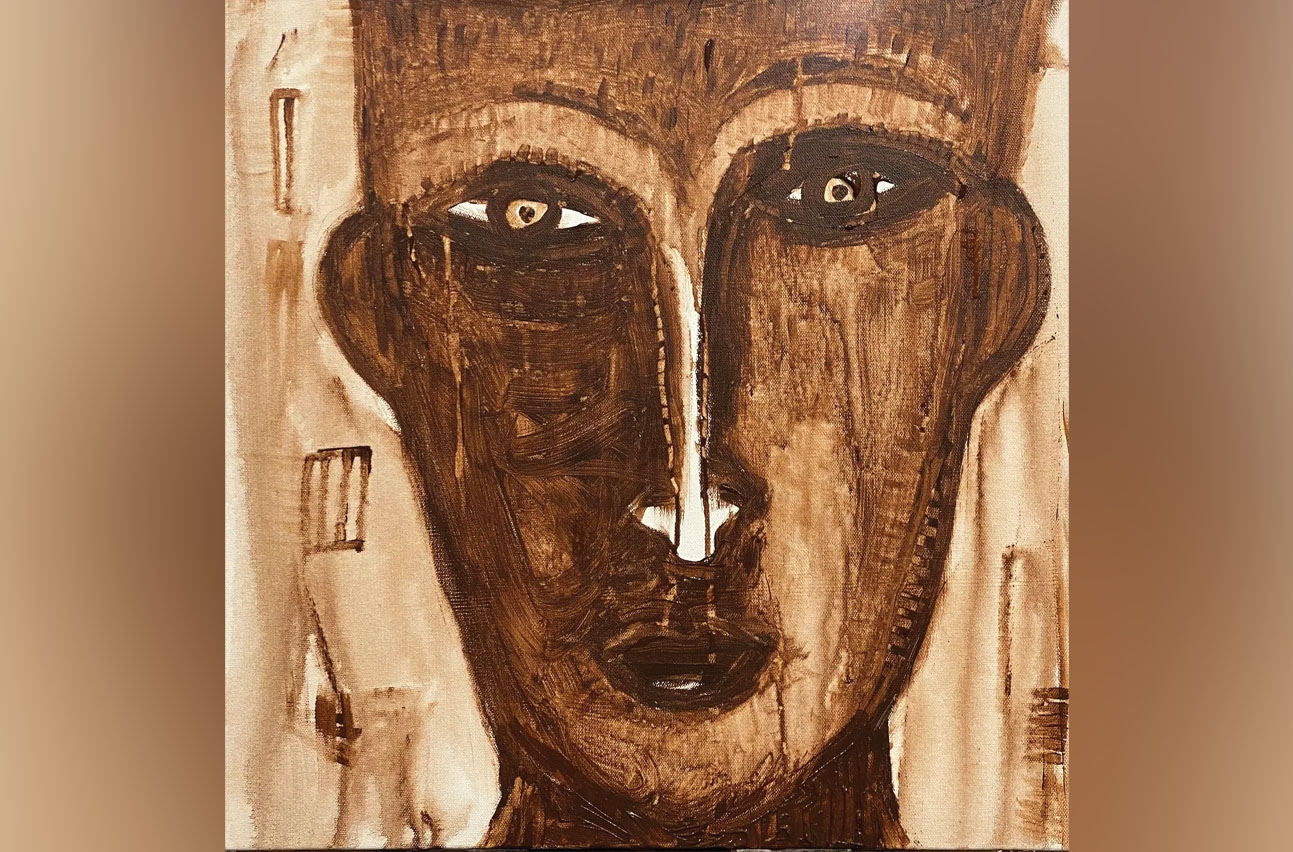“Between Jew and Arab: The Lost Voice of Simon Rawidowicz” by David N. Myers (Brandeis University Press, 2009).
In the Middle East, questions endure for generations; answers elude the generations.
For some time now the relationship between Israel and its neighbors has centered on the outcome of the Six-Day War. Would the cost of peace — if it were achievable and viable — be Israel’s withdrawal to the boundaries of June 1967, undoing the gains it had seemingly made by its impressive victory? If so, then who won the Six-Day War? Was it wise of Israel to capture the lands of historic Israel?
Politicians and demographers see a closing window of opportunity for the two-state solution. There will soon come a time when Arabs will outnumber Jews in the lands between the Jordan River and the Mediterranean Sea, or, at best, be but a slim majority. A recent op-ed piece in The New York Times by Muammar Al Qaddafi, Libya’s ruler — and no friend of Israel — has suggested a one-state solution, not a Jewish state, but a state of all its citizens in the land called Israel by the Jews and Palestine by the Arabs. The discussion may well move beyond the Six-Day War back to Israel’s War of Independence, perhaps back to the issue surrounding partition in the 1930s.
With “Between Jew and Arab: The Lost Voice of Simon Rawidowicz,” David N. Myers has entered the debate, or perhaps more accurately, Myers has united his own insights on the discussion with those of the long-revered but underappreciated Jewish thinker, Simon Rawidowicz. Rawidowicz is best remembered for his pioneering work at Brandeis University, where he taught and helped found the Near Eastern and Jewish studies department, and for his important essay, “Israel: An Ever Dying People,” which must be reread time and again as we, one of the oldest people in the world, face the dire predictions of our own demise. Rawidowicz’s magnum opus in Hebrew, “Babylon and Jerusalem,” a study of the interrelationship between the two great centers of Judaism, argues passionately for two centers of Jewish life, the Diaspora and Israel. The book was designed to counteract those Zionists who wrote and continue to write of the negative effects of the Diaspora and clothe their arguments in an understanding of Jewish history that few are equipped to refute. Israel is the stage, Israelis the actors in Jewish history, and the Diaspora, even the vibrant American Jewish community, is but the attentive audience, one Israeli writer recently told American Jewish leaders. Not so for Rawidowicz, not so for Myers either.
“Between Jew and Arab” begins with a mystery. Why was Rawidowicz’s chapter on Israel and the Arab question left out of “Babylon and Jerusalem”? Was he playing it safe, trying not to alienate those who would read the book in the original Hebrew — citizens of the fledgling state of Israel intent on establishing the state and creating a revolutionary society that was by its nature overturning the world that preceded it? Was it out of deference to his Paris-based publisher, friend and partner? Was the omission self-censorship? Myers is intent on recovering the essay and translating it, together with his UCLA colleague Arnold Band, into literate and readable English. But readers will correctly suspect that the essay is but Myers’ excuse to write a book that transcends the importance of Rawidowicz’s significant work, even as Myers offers the text in its entirety for the first time.
Myers demonstrates his virtuosity at intellectual history as he creates a marvelous context for us to understand this major thinker. He traces Rawidowicz’s birth in Grayewo, Poland, the son of Rabbi Chayin Yitzhak Rawidowicz — a merchant scholar, ardent Hebraist and Zionist — and young Simon’s early education and the impact of his father in shaping the mind of this most promising of students. He follows the family in their migration to Bialystok in 1914 and then journeys with Simon to Berlin, which, before the rise of Nazism was the cultural destination of brilliant Jews who had left the world of the yeshiva to be trained in universities and seminaries.
These same men would shape Jewish culture and intellectual life in Palestine/Israel and the United States for the next half-century, and Rawidowicz was clearly not the least of them. An avowed Zionist and determined Hebraist, he more than held his own in this intellectual milieu, and despite strong ideological convictions, he was respected by and personally friendly with those with whom he vehemently disagreed. Rawidowicz also wrote under the pen name of Ish Boded (which translates as a lonely man or man alone) and though surrounded by friends and enjoying the companionship of his wife, Esther, he was often alone in his intellectual pursuits, which is the price he paid for the originality of his thought.
Myers details the frustrations of Rawidowicz — Zionist that he was — who was unable to find suitable employment in Palestine when leaving Berlin was essential to survive. An appointment in Jewish philosophy to the Hebrew University was given to Julius Gutmann, who did not speak Hebrew, while Rawidowicz was overlooked.
Myers follows his intellectual alter ego to England — London and Leeds during World War II — as the world that once nurtured Rawidowicz and his generation was destroyed. He traces Rawidowicz’s journey to the United States — to Chicago and Waltham, Mass. — in the immediate aftermath of the war, when the responsibility for the Jewish future seemed to fall upon an ill-prepared American Jewish community; European Jewry had been devastated, nearly destroyed, and Israel was fighting for its life — its present precarious, its future uncertain.
Anyone who has read Myers’ earlier work will be rewarded by the intelligibility, the lucidity of his writing. He clarifies even the most complex ideas and finds no need to demonstrate the subtlety of his learning and intellectual talent by obfuscation.
In “Between Jew and Arab,” Rawidowicz argues that the Arab refugee problem is neither an Arab problem nor a world problem, but a Jewish problem, one that engages Jewish history and memory, Jewish values and tradition. Rawidowicz is posing a Nietzschean question in Jewish prose. The great German philosopher asked: Is Judaism the religion of the powerless? Would an empowered people share the same values, uphold the same traditions? Rawidowicz asks: “Will Jacob become Esau?” “Has Jacob become Esau?”
How Jews treat the Arab has to be considered with respect to how Jews historically have judged their own past treatment by dominant cultures, as well as how Jews want to be treated in today’s Diaspora. The “miracle” of the Arab exile from Palestine, which was being celebrated so widely by Israeli political and intellectual leaders in the early 1950s, was no miracle at all for Rawidowicz. Anticipating some of the discoveries of the new Israeli historians, who have overturned the conventional Zionist myth of the voluntary flight of Arabs, Rawidowicz was clearly appalled by their treatment, ill at ease with how Israel was treating its own Arab citizens and publicly advocated the return of the refugees and the right of repatriation. One is forced to wonder if the problem had been dealt with then — been handled by repatriation or by compensation — how different the landscape of the Middle East might be today.
The Arab question has only grown more acute in recent years — both with regard to the Arab citizens of Israel and to the Palestinians living on the West Bank and elsewhere. The discourse has become more brutal, as well, as the leader of what is now Israel’s third largest political party talks of imposing a loyalty oath on the Arab citizens of Israel, or transferring the “Triangle” — the Arab towns of the Galilee — to the Palestinian state in exchange for the Jewish settlements near Jerusalem. Even as sensitive a soul as Daniel Gordis, an American oleh, can both celebrate the election of Barack Obama and the statement that makes about the United States, and then advocate for a secondary status for Arab citizens in Israel, the Jewish state where Jews have come home.
As for Myers, throughout the work he admires Rawidowicz unabashedly, not only as a brilliant intellectual but as a man steeped in Jewish tradition and Jewish learning, at home in the history of his people, in the values of their religious teaching from the Bible to the Talmud, from midrash to halachah, from Maimonides to Rabbi Nachmun Krochmal, who wants to speak from those traditions to the core issues of his time, speaking truth to power and speaking the truth with power.
In Rawidowicz, Myers has found his hero, his model — perhaps even his calling. l
Michael Berenbaum is director of the Sigi Ziering Institute: Exploring the Ethical and Religious Implications of the Holocaust and a professor of theology (adjunct) at American Jewish University.

